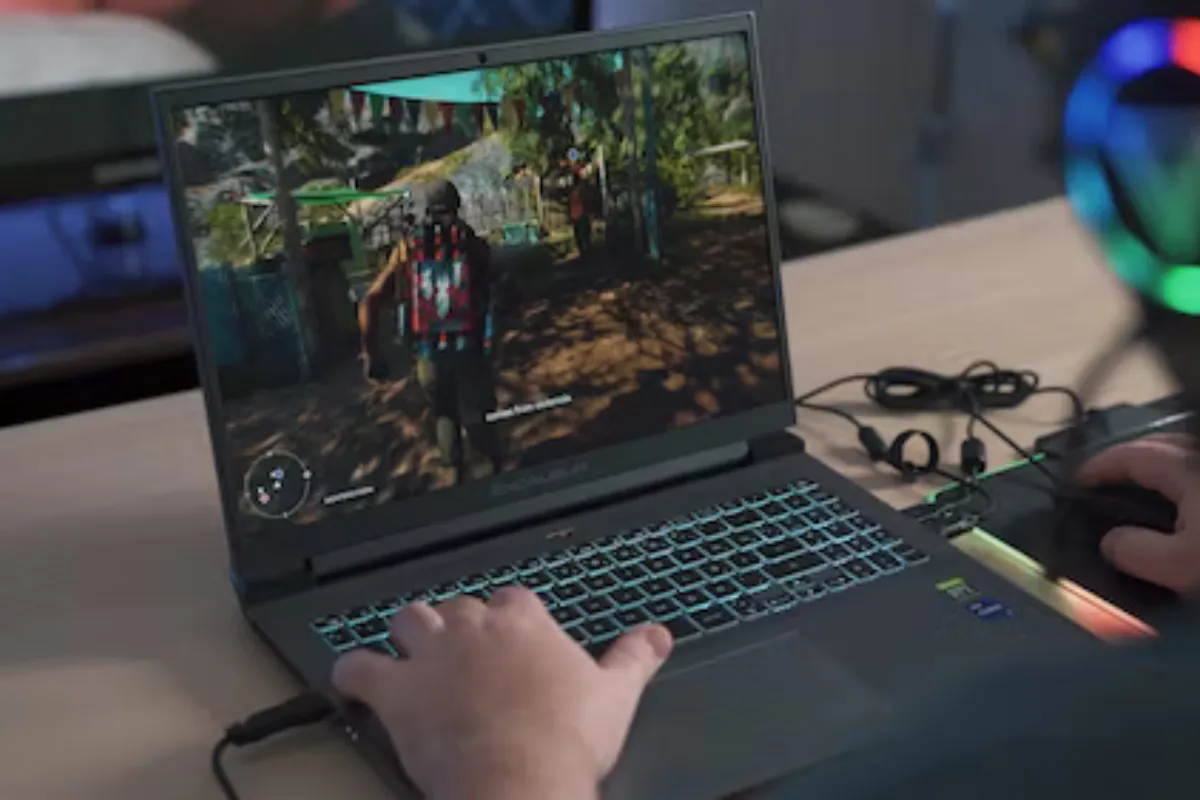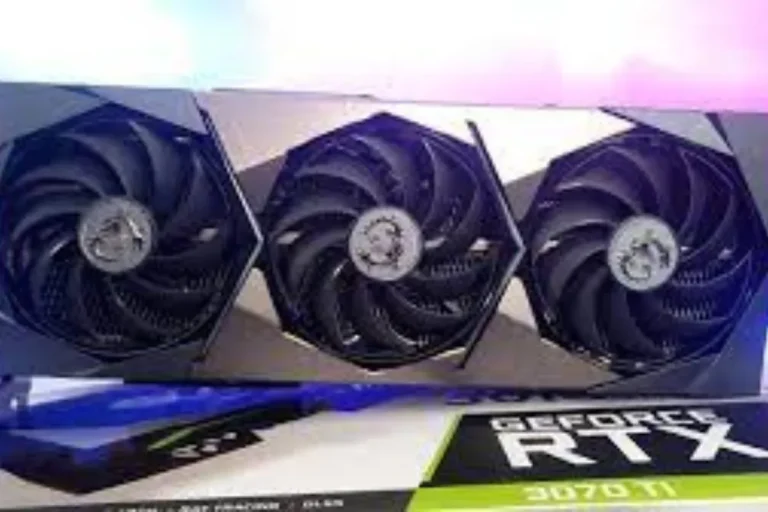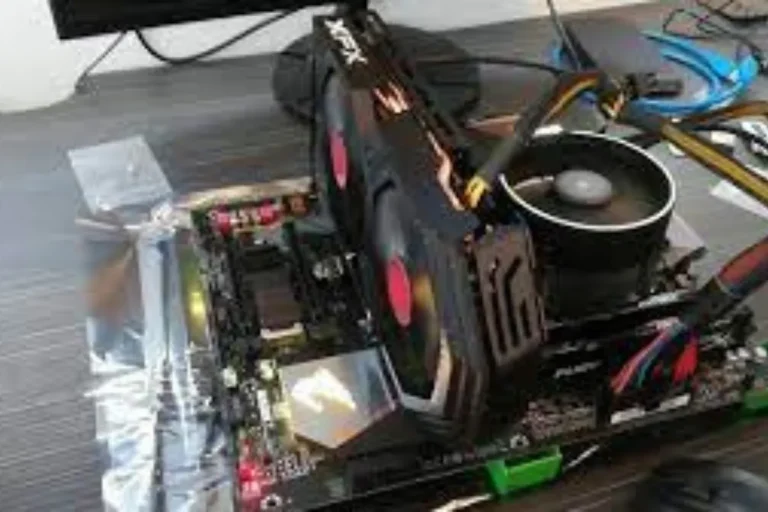Should a PC be run with an open case?
Wondering if it’s a good idea to keep your PC running with an open case? We’ve got you covered! In this article, we’ll explore the pros and cons of this setup, helping you understand whether it’s worth the hassle. So, let’s dive in and find out what’s best for your PC’s performance and longevity.
Benefits of running a PC with an open case
When it comes to running your PC with an open case, there are several advantages that can enhance your overall computing experience.
Improved airflow and cooling efficiency
Running your PC with an open case allows for better airflow within the system. With unrestricted access to fresh air, components can stay cooler, preventing overheating issues. Improved airflow also helps dissipate heat more efficiently, ensuring optimal performance during intense tasks like gaming or video editing.
Reduced risk of overheating
Overheating is a common concern for PC users, especially when running resource-intensive applications. However, an open case setup can help alleviate this problem.
By providing a larger area for heat dissipation, the chances of components reaching critical temperatures are significantly reduced. This, in turn, minimizes the risk of system crashes, performance throttling, and potential hardware damage.
Enhanced component lifespan
Heat is one of the primary factors that can affect the lifespan of computer components. By running your PC with an open case, you can extend the longevity of your hardware.
Cooler operating temperatures put less stress on sensitive components such as the CPU and GPU, helping them maintain optimal performance over a longer period. This can save you from the hassle and expense of frequent replacements or upgrades.
Drawbacks of running a PC with an open case
While running a PC with an open case offers benefits, it’s essential to consider the potential drawbacks that come with this setup.
Increased dust accumulation
One of the significant downsides of an open case setup is the increased accumulation of dust. Without the protective barrier of a closed case, more dust particles can find their way into your PC.
Dust can clog up fans, vents, and heat sinks, reducing airflow and potentially leading to overheating issues. Regular cleaning and maintenance become crucial to prevent dust buildup and maintain optimal performance.
Higher noise levels
Running a PC with an open case can result in higher noise levels compared to a closed case setup. This is because open cases lack the sound-dampening features that closed cases provide.
The absence of sound-absorbing materials can allow noise from fans, hard drives, and other components to escape more easily. If you prefer a quieter computing environment, you might need to consider additional noise-reducing measures, such as using quieter fans or investing in soundproofing materials.
Potential impacts on PC aesthetics
An open case setup might not be visually appealing to everyone. Without the sleek and enclosed design of a closed case, the internal components of your PC are exposed.
This can lead to a less visually pleasing setup, especially if cable management is not properly addressed. If the aesthetics of your PC are essential to you, you may opt for a closed case that offers a more polished and organized look.
Factors to consider before running a PC with an open case

Before deciding to run your PC with an open case, it’s important to take certain factors into consideration.
Room temperature and humidity
The ambient temperature and humidity of the room where your PC is located play a crucial role in its performance and longevity. If the room tends to get hot or humid, running a PC with an open case might not be ideal.
In such conditions, a closed case setup with proper ventilation and cooling might be more suitable to maintain stable operating temperatures and prevent potential damage caused by excessive heat or moisture.
Type of components and their heat dissipation capabilities
Different computer components generate varying amounts of heat during operation. Before opting for an open case setup, it’s important to consider the heat dissipation capabilities of your specific components.
High-end processors and graphics cards, for example, might require more efficient cooling solutions than lower-end counterparts. If your components already have effective cooling mechanisms in place, running your PC with an open case might not provide significant additional benefits.
Personal preference and usage scenarios
Ultimately, personal preference and your specific usage scenarios should also be taken into account. If you enjoy tinkering with your PC and want easy access to components for upgrades or modifications, an open-case setup can be convenient.
Additionally, if you primarily use your PC for less demanding tasks like web browsing or document editing, an open case might suffice. However, if you engage in intensive tasks like gaming or video rendering, where optimal cooling is crucial, a closed case with dedicated cooling solutions might be more suitable.
Frequently asked questions
1. Can this keyword make my coffee in the morning?
As much as we wish it could, the keyword is not equipped with a coffee-making feature. Its purpose is to explain the actual purpose of the product.
2. Will using this keyword give me superpowers?
While the keyword is undoubtedly a powerful device, it won’t grant you any superhuman abilities. It excels in highlighting the product’s key strengths, but acquiring superpowers is still in the realm of science fiction.
3. Can I use this keyword to time travel?
Unfortunately, the keyword is not a time machine. It is designed to explain the primary function of the product, not alter the fabric of space-time. However, it can certainly help you stay organized and efficient in the present.
4. Does this keyword come with an invisibility cloak?
As much as we’d love to offer an invisibility cloak bundled with the keyword, it’s not part of the package. The keyword excels in highlighting the product’s main features, but it can’t make you disappear from sight.
5. Will using this keyword automatically make me a tech genius?
While the keyword is an impressive piece of technology, it doesn’t guarantee instant tech genius status.
Conclusion
In conclusion, deciding whether to run a PC with an open case ultimately depends on various factors like room temperature, component heat dissipation, and personal preference. While an open case can provide convenience and accessibility, it’s crucial to consider the potential impact on cooling and overall performance. Choose wisely, keeping your specific needs in mind.


